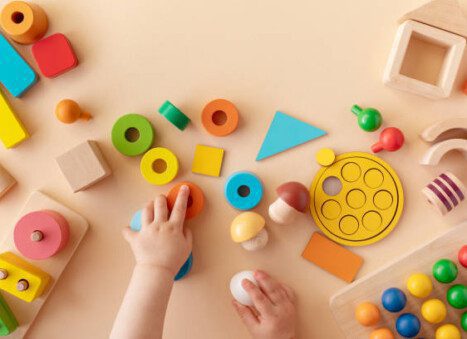
Decoding Mathematics: How Programming Elevates Math Proficiency in Children
When we think of coding, we often visualize lines of complex syntax, algorithms, and digital solutions. But beneath the surface, coding is deeply intertwined with the foundational principles of mathematics. From the logical structures of algorithms to the problem-solving skills required to debug a program, coding, and math are two sides of the same coin.
A study from Skool of Code emphasized how coding helps in developing mathematical thinking. By introducing children to programming, we’re not just teaching them to communicate with machines but also enhancing their numerical and logical abilities.
The Interplay Between Algorithms And Arithmetic
According to research published in the British Journal of Educational Technology, there’s a significant correlation between computational thinking and mathematical achievement. Algorithms, which are step-by-step procedures in coding, mirror mathematical problem-solving strategies. When children design an algorithm, they’re essentially crafting a solution pathway, much like solving a math problem.
Programming: The New Age Math Tutor

While traditional math problems are static, coding presents dynamic challenges that require real-time problem-solving, making the learning process more engaging. Platforms like CodeMonkey have gamified the experience, teaching kids real coding languages like CoffeeScript and Python in an engaging environment. By integrating coding into the curriculum, we’re not just fostering future programmers but also nurturing mathematical prodigies.
In the realm of digital learning, platforms like CodeMonkey stand out. They offer a gamified approach to coding, making it fun and interactive. As children navigate through coding challenges, they inadvertently hone their mathematical skills. The platform’s courses, such as Coding Adventure and Banana Tales, seamlessly blend programming with mathematical concepts. It’s no wonder that millions of students worldwide are now excited about coding, thanks to platforms like these. And if you’re wondering how to teach math with coding, platforms like CodeMonkey provide the perfect bridge.
Beyond Numbers: The Soft Skills Of Coding
But it’s not just about numbers and algorithms. Coding fosters a plethora of soft skills that are essential in math. Perseverance, logical reasoning, and critical thinking are just a few of the many skills that children develop as they code. Each time they encounter an error in their program, they’re prompted to think critically, identify the problem, and find a solution – skills that are invaluable in math and beyond.
The Future Of Math Is Coded
As we advance into an increasingly digital age, the lines between disciplines blur. Math and coding, once considered distinct domains, are now converging. By introducing our children to the world of programming, we’re equipping them with the tools to excel in math and, by extension, in numerous other fields.
The future of education lies in this blend. As we decode the world of mathematics through programming, we’re setting our children on a path of endless discovery, innovation, and success.
Read Also:
Already have an account?
Sign In
Create your account
User added successfully. Log in









